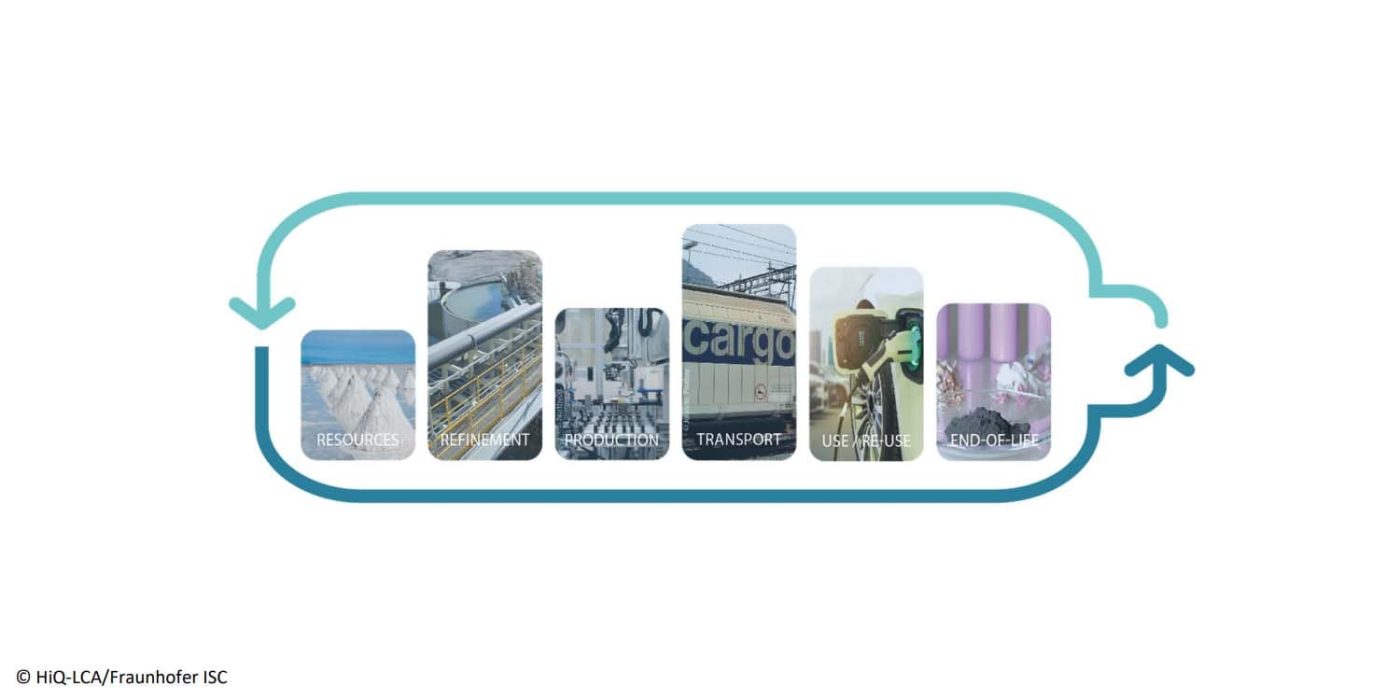HiQ-LCA: Cleaner batteries through improved life cycle analysis
The environmental impact of battery production and insufficient recycling activities is the grey elephant in the midst of the e-mobility industry. The European project ‘High-Quality Life Cycle Analysis’ (HiQ-LCA) aims to change this situation.
The new EU initiative aims to empower electric mobility companies to produce and recycle batteries more effectively through more reliable Life Cycle Assessments. For this, the HiQ‐LCA project, which runs throughout 2025, shall use better data and ultimately help shift the battery value chain to more sustainable practices.
HiQ-LCA stands for High-quality life cycle assessments and is funded by EIT RawMaterials and the European Union with 3.5 million euros. The project aims to produce detailed, representative, reliable and transparent life cycle assessment datasets that consistently represent the CO2 and environmental footprint of batteries.
Life Cycle Assessment has been increasingly implemented in EU policies over the last decades, particularly with the new Battery Regulation, which requires LCA or carbon footprint data for every new battery. And the industry itself is also placing increasing emphasis on the issue in the wake of stricter ESG criteria for responsible and sustainable procurement. Northvolt is one example and is listed among the project partners.
The resulting database will be accessible via HiQ‐LCA partner ecoinvent. The project team also seeks to develop advanced methods for battery‐specific LCA. Services will include quantifying and verifying environmental footprints, benchmarking, certification of products and guidance to improve environmental performance. Furthermore, training will be offered to enhance the knowledge of means and techniques to make battery production, usage and recycling more sustainable.
The future valorization of these services may happen through a joint venture between CellCircle, Minviro and BRGM after the project ends in 2025.
Ultimately, the service shall help stakeholders distinguish “green” from “dirty” processing routes of the battery supply chain and manufacturing.
“Batteries are the key for decarbonization of mobility and energy supply, but the critical resource demand and the environmental footprint of production reveal potential for improvement,” says Andreas Bittner, CEO of the European Lithium Institute eLi, who coordinates the HiQ‐LCA project.
Other project partners include the Bureau de Recherches Géologiques et Minières (BRGM), CellCircle, Eramet, Fraunhofer ISC and IST, and the universities of Ghent, Leiden and Bordeaux.





0 Comments